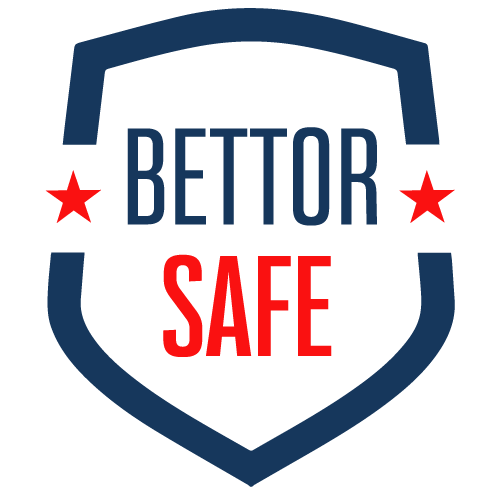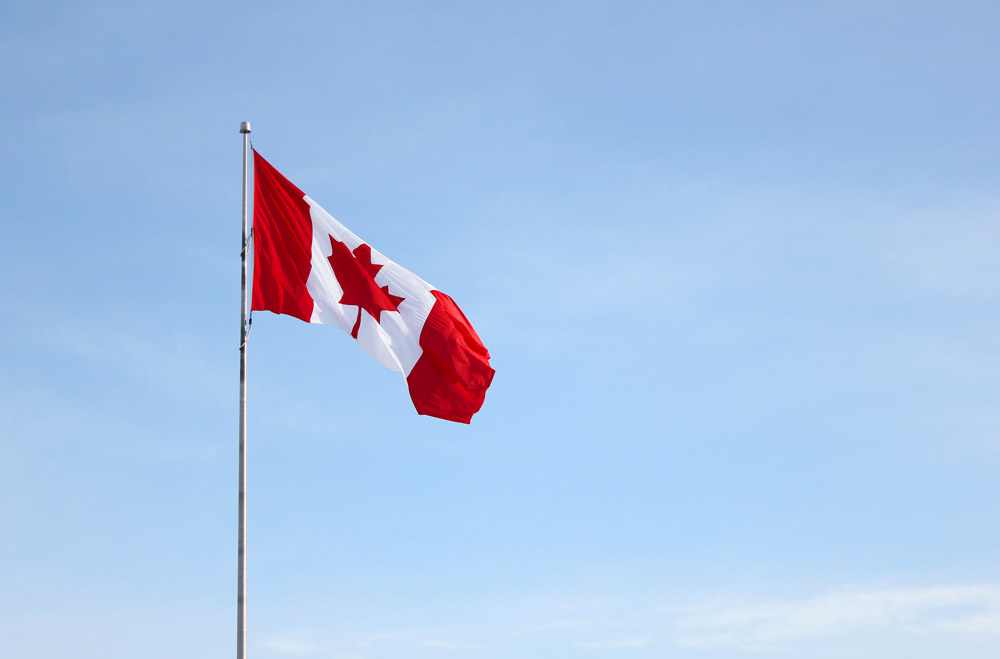The eye-popping volume of bets being made via illegal and unregulated markets is also “highly attractive to transnational organized crime groups” as a way of investing and laundering dirty money, according to the United Nations Office on Drugs and Crime.
There is a staggering amount of illegal sports betting estimated to be happening every year that can attract organized crime and that can be connected to match-fixing, according to a recent report from the United Nations Office on Drugs and Crime (UNODC).
Just how much wagering is done on illicit betting markets has been pegged somewhere in the ballpark of between $340 billion and $1.7 trillion annually, the review says. Meanwhile, the size of the legal sports betting market in 2020 was calculated to be around $40 billion.
The eye-popping volume of bets being made via illegal and unregulated markets is “such that it is highly attractive to transnational organized crime groups” as a way of investing and laundering dirty money, the report says. Some of that wagering could be undermining the integrity of sporting events as well.
“Illegal betting is a major driver of corruption in sport and has a direct relationship with the manipulation of sports competitions,” the UNODC study says. “Illegal betting takes place in both grey and black markets and the licencing framework for grey-market operators is often opaque, especially in the context of online betting platforms and jurisdictions offering bets on events taking place in other jurisdictions.”
Web trafficking
The report says that available evidence suggests illegal betting is a particular problem in Asia, but that it may be on the rise in Africa and South America too. At any rate, there are a few reasons for the boom in illicit wagering.
One factor is increased internet use over the past 20 years, which has made watching and wagering on sporting events easier for many people. Those internet connections also make it possible for punters to log on and place a bet with an online sportsbook that may be operating outside the law of the country where the bettor lives.
“The Internet has allowed the operators of online gambling platforms to reach larger audiences in locations where gambling is considered illegal,” the report notes. “The operators often exploit existing political or legal situations to strategically host online gambling platforms in these locations where they cannot be easily spotted by local authorities.”
Another growing issue is the adoption of cryptocurrencies such as bitcoin, which “offer a reliable and almost untraceable international money transfer mechanism” that can be used for sports betting.
The findings from the UNODC come as the legal sports betting industry continues to grow, especially in North America. The United States has seen a rush of state-level legalization since a 2018 Supreme Court decision and federal lawmakers in Canada recently authorized single-game wagering by provinces.
Part of the rationale behind the sweeping legalization of sports betting in North America has been the vast amounts of money being wagered with offshore and illegal sportsbooks every year. In Canada, for instance, the gaming industry estimated $10 billion was being wagered annually through illegal bookmaking operations and another $4 billion via offshore sites.
The UNODC’s findings are part of a broader report on corruption in sports that was written with the help of almost 200 experts from governments, sports organizations, and private-sector firms, among other outlets. The report also makes several recommendations for how governments can beef up their detection and reporting of illegal sports betting and related money laundering.
One of those considerations is “ensuring national legislation includes laws that appropriately criminalize illegal betting and related manipulation of sport competitions, including obliging betting operators that offer betting on sports events to report instances of suspicious betting to regulators.”
A local concern
The possibility of match-fixing has loomed over debates around legal sports betting, including in Canada. In Ontario, where provincial officials are working on a competitive market for internet-based casino gambling and sports betting, there are specific regulations aimed at addressing those concerns.
“Operators shall establish controls to identify unusual or suspicious betting activity and report such activity to an independent integrity monitor,” states one requirement from the Alcohol and Gaming Commission of Ontario.
Still, Ontario’s auditor general said in a recent report that integrity-related issues are a potential source of “significant reputational risk” for the AGCO as a regulator.
“Under Ontario’s new model for internet gaming, key responsibilities to maintain integrity and fairness have been entrusted to the private sector such as direct testing of internet gaming systems, game design, gaming systems, determination of payouts, and odds-setting,” the watchdog warned.
The Ontario government responded to the auditor general’s concerns by pointing to the steps the AGCO is taking to ensure all is well in the future iGaming market.
One of those is a dedicated unit responsible for conducting “intensive compliance oversight” of iGaming operators and suppliers, including with regards to the integrity of games, the government’s response in the AG’s report said.
“The Unit’s activities will be supported by resources from existing AGCO branches, including the Audit and Financial Investigations Branch, Anti-Money Laundering Unit, Enterprise Data and Analytics Branch as well as AGCO’s in-house gaming laboratory and dedicated bureau of Ontario Provincial Police Officers assigned to the AGCO,” the government added.



